What makes technology so complex?
Thin
![]()



What makes technology so complex? Thin
|
 |

|
"Things
are in the saddle and ride mankind."  |
||
|
|
||
|
|
|
|
|
|
||
|
|
||
|
|
||
|
|
||
|
Edward
Muybridge's photographs in sequenced succession. |
|
|
Understanding the order of things recreated by technology.
![]()
Meaning | past eras | Tools | Social | Change | Triggers | Culture
![]()
Pursell | Pacey–World | Postman | Head | Tenner |Pacey–meaning| Eberhart | Snow | Kaku | Boulding | Delillo | Kranzberg
Art, artistic expression and the capacity for figuration
Greek & Indo-European
Hominid ancestry
Bronze Age
Daedalus, Prometheus, Faust
time as a cycle versus time as a line
Material change due to: fire, plows, gears, gauges, cars
agricultural, industrial, atomic
Technical things are complicated and ubiquitous:
What is technology?
cyclical synergistic relationships among people and things that generate a related complex of tools in order to perform work.
| words | ||
| Combining | ||
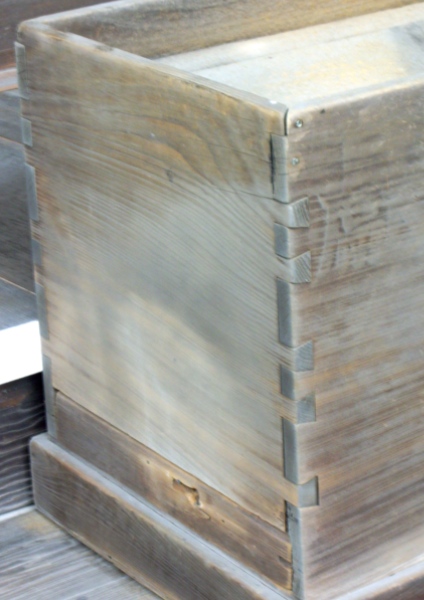
|
||
|
|
techno | logy |
| roots | Tekne = |
+ logos = |
| skill | to bind or tie |
+ the wisdom of |
| thought | putting together pieces rationally | + ratio, reason, |
| practice | dovetailed joinery |
a systematic study |
| creativity | exaptation | logically unrelated combinations |
Meaning | past eras | Tools | Social | Change | Triggers | Culture
![]()
Pursell | Pacey–World | Postman | Head | Tenner |Pacey–meaning| Eberhart | Snow | Kaku | Boulding | Delillo | Kranzberg
The relation of tools, techniques, and human values that different people use and have applied in the past to intelligently solving problems based on craft, manufacturing, industrial, or electronic means.
Related words:
Greek Root:![]() ,
skill derived from knowledge of materials.
,
skill derived from knowledge of materials.
|
root |
derivation |
meaning |
related
concepts |
| TEK | architecture | to join | tectonic |
| logistical, logical | logic | log, logarithm |
![]()
Periods of technical changes:
| Name | Duration over time and character | Consequences & associated ideas |
|
• Upper Paleolithic or old stone
age in Africa - Asia & Europe |
craft language | |
|
• 10,000 years ago until 8th Cent BC -- Hydraulic Civilizations: China, India,Cambodia, Iraq & Egypt, Peru, irrigated agriculture |
domestication & urbanization agricultural |
|
|
• 3d Cent BC to 6th Cent AD -- Ancient Han, Roman & Tang: foundations of art, architecture, music, & records |
technical revolution & population explosion | |
| Eotechnical |
• High Middle Ages; uses
of wind & water water wheels of fortune windmills Don Quixote & the giants |
Arab transmittals: algebra -- alchemy |
| Paleotechnical |
• 18th & 19th centuries;
uses of coal & coke factories & mines steam engines transportation revolution |
Euro-imperialism: gunpowder & god industrial |
| Neotechnical |
• 19th & 20th centuries;
uses of electricity dynamo & telegraph radio, radiation & electronics |
American imperialism: commerce & imagery atomic |
Lewis Mumford divided the recent development of technological civilizations into three phases based on their sources of power, materials used, and accomplishments:
| Eotechnical, the early wind and water powered period before 1500, based on wood as a fuel and vegetation as materials |
| Paleotechnical, or the origins, dawn and dispersal of the industrial revolution based on coal as a fuel and minerals as materials |
| Neotechnical, the automation made possible by electrical machinery and based on oil as a fuel and synthetic materials & fabrics. |
Meaning | past eras | Tools | Social | Change | Triggers | Culture
![]()
Pursell | Pacey–World | Postman | Head | Tenner |Pacey–meaning| Eberhart | Snow | Kaku | Boulding | Delillo | Kranzberg
A Feedback model is a necessity for understanding the power of tools and technology to transform society.
![]()
Synonyms for tools |
 |
|---|---|
Any collection of related kinds of implements for a similar purpose is called a technological complex.
|
|
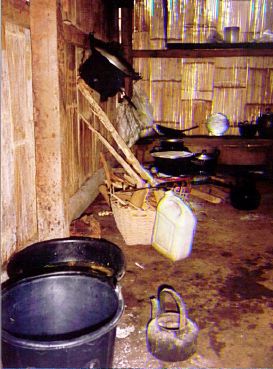 |
|
Seen above is a domestic collection of metal pots, pans, buckets, kettle, baskets, and plastic jugs found in a home in a Thai village in the late 20th century.
|
|
Meaning | past eras | Tools | Social | Change | Triggers | Culture
![]()
Pursell | Pacey–World | Postman | Head | Tenner |Pacey–meaning| Eberhart | Snow | Kaku | Boulding | Delillo | Kranzberg
Deus Ex Machina
Deus ex machina literally means the "god from the machine." In the Greek tradition of dramatic arts, a deity would be lowered onto the stage at the end of the tragedy to rescue the protagonists from their hubris and self-imposed tragic end. The machinery used to lower the "god" onto the stage gave rise to a metaphor related to the mechanical intervention in human affairs to resolve a problem.
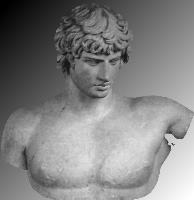
The spiral development
of technical know how.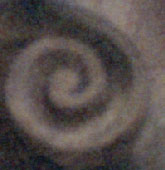 |
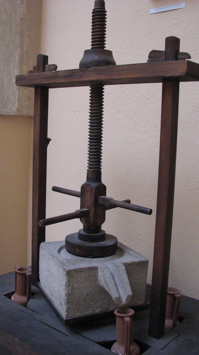
|
|||
| electricity |
|
|||
| telegraph | 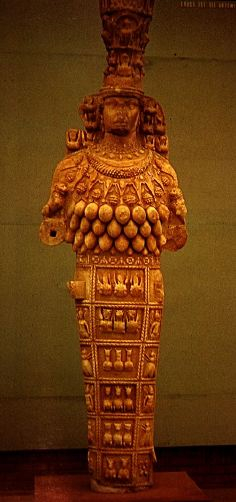
|
|||
| Railways |
Roman wine press |
|||
Steam Engine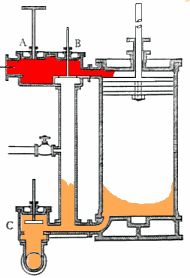 |
Chinese compass |
|||
|
Newcomen Engine |
Medieval Monastery |
|||
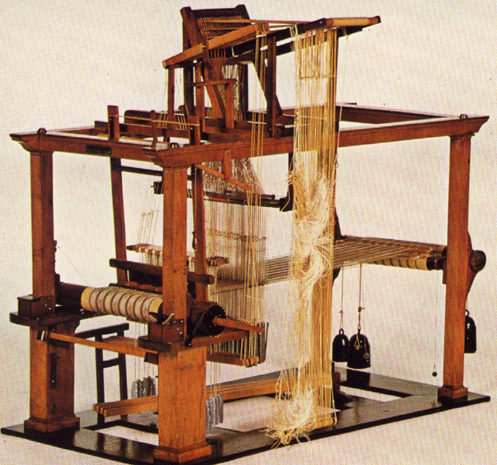 |
Catholic church organs |
|||
|
Mine drainage pumps
|
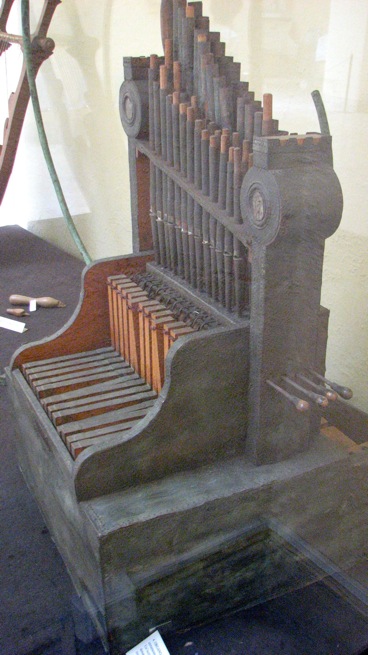 |
timing gears |
||
The coming of mechanization changed social relations as it had in the coming of agriculture.
Meaning | past eras | Tools | Social | Change | Triggers | Culture
![]()
Pursell | Pacey–World | Postman | Head | Tenner |Pacey–meaning| Eberhart | Snow | Kaku | Boulding | Delillo | Kranzberg
Social relations
The Labor Theory of Value
Especially in Paleolithic times, pastoral, and later agrarian cultures societies
conceived of the worth of anything as determined by the time 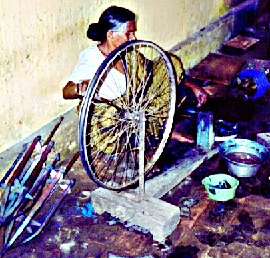 involved in the
processing or manufacturing of materials to enhance survival, express emotions,
or control behavior.
involved in the
processing or manufacturing of materials to enhance survival, express emotions,
or control behavior.
Value is determined by the duration that elapses as one prepares food, makes implements, or produces things.
The woman in the picture is seated on the floor
spinning vegetable fiber (flowers that produce the lint fibre of cotton) into
thread. Thread literally and figuratively is the product of a technical process,
whereby the skill of the woman exercising a technique with a specialized tool
creates a valued item to be used in the manufacture, repair and weaving of cloth.
She wears cloth and has adapted (an example of exaptation) a bicycle's spokes
and rim to replace the wooden spinning wheel that her ancestors used 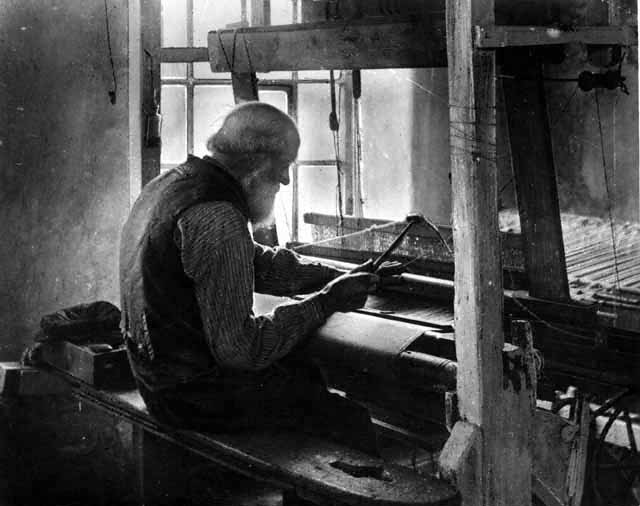 to convert
fibers into usable thread.
to convert
fibers into usable thread.
The time it takes to transform a natural product (lint of the cotton plant or the wool of a lamb) to a necessary good, in this case cotton thread often determines the cost, price or worth of the yarn, or spun material. Spinning concentrates and thereby strengthens the endurance of the fibers making them useful in the weaving or sewing of cloth.
| Word | definition | synonymous meaning |
labor |
to bring forth a child out of the womb. | Birth |
| the gainful employment of those who work. | Toil | |
| any craft or professional endeavor. |
Vocation |
Postman on the transformation of work, labor, and livelihoods.
Meaning | past eras | Tools | Social | Change | Triggers | Culture
![]()
Pursell | Pacey–World | Postman | Head | Tenner |Pacey–meaning| Eberhart | Snow | Kaku | Boulding | Delillo | Kranzberg
Socialization -- Technology shapes the world we see, feel, touch, taste & hear because it appeals to our senses and it organizes our labor around different means of accumulating wealth.
These five sensory experiences contribute to how and what we
know to use tools.
Remember the only sure path through the maze of ingenuity is learning and knowledge.
Sensory experience influences our comprehension of the world.
Technological Imperative: change is inevitable, "get used to it."
Ways to think about technology.
| the use of devices |
dimensions of use | economic factors | synonyms | social consequences |
| technical | Land |
resource flows | ||
* |
the "garden," produce | |||
| technology | organizational | Labor |
craftsmanship | |
= |
trade unionism | |||
| cultural | Capital |
wealth | ||
| "know how" |
Technocratic Elites: those who know keep
you from knowing what you need to know -- hence are you lost?
Meaning | past eras | Tools | Social | Change | Triggers | Culture
![]()
Pursell | Pacey–World | Postman | Head | Tenner |Pacey–meaning| Eberhart | Snow | Kaku | Boulding | Delillo | Kranzberg
![]()
Technical Virtuosity
Means the ability of skilled crafts people to adapt and exapt existing tools to meet new imperatives.
When was Chinese technology dominant? 1100-1450.
What?
They created iron, paper, locks, compass, rudders, maps, gunpowder
&
used canals, astral clocks, rice, bamboo, tiles and clay fired ceramics
The tool complex
Actually web of technological relations exists
because of the way that materials and inventions
are dependent on one another for effective tool making and implementation.
|
materials |
||
|
higher efficiency |
|
Fire |
|
ceramics, glass, metals |
||
|
novel reuse of old tools
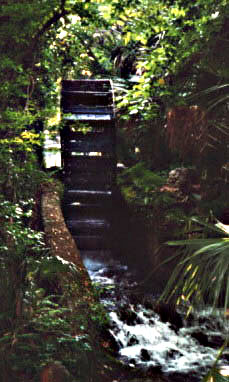 |
|
|
| growing surplus wealth | ||
|
innovative techniques |
||
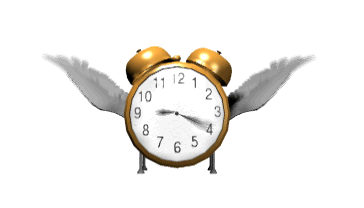 |
||
|
Cycles
of Change |
||
Meaning | past eras | Tools | Social | Change | Triggers | Culture
![]()
Pursell | Pacey–World | Postman | Head | Tenner |Pacey–meaning| Eberhart | Snow | Kaku | Boulding | Delillo | Kranzberg
Monet's painting of a canal.
Historical development of social mores or shifting social norms.
| Mores | period | characteristics | keystone |
| Sacred | Prehistoric | the cosmos is alive & reflects the image of God. | Art & music |
| Material | Ancient | elements < earth-air-fire-water-wood > comprise all. | Fire |
| Ethical | Ancient | people have an obligation to act with justice to others. | Hunting |
| Commercial | 1500s | the market determines the worth of anything. |
Locks & paper |
| Utilitarian | 1600s | the greatest good for the greatest number. | Algebra |
| Romantic | 1700s | transcendent ideals bind humans to land & all life. | Mechanization |
Meaning | past eras | Tools | Social | Change | Triggers | Culture
![]()
Pursell | Pacey–World | Postman | Head | Tenner |Pacey–meaning| Eberhart | Snow | Kaku | Boulding | Delillo | Kranzberg
Triggers are catalysts -- or those key devices that cause behavior or that cause other technical things to change, thus altering behavior as their use becomes widespread.
They are the hinge on the door of the future.
Consider
the use of or invention of: fire, plows, gears, gauges, cars all of which profoundly
bolster our modern, automated, electronic world.
Depending on the context these catalysts are the ingredients in the quickening pace of change because they allow technological changes to diffuse widely and rapidly among cultures, often leading to social change and economic disturbance.
| Triggers | context | consequences |
| seed protection | gathering food, fiber, fuel & forage | agriculture |
| Antikithera device | sacred prognostication of planetary motion | differential gears |
| gunpowder | sacred observance, amusement & defensive strategy | explosives & canons |
| steam engine | the application of a vacuum cylinder to a boiler | power for machinery |
| Camera | capture a still image on a plate or film | The Kinetoscopes and motion pictures or movies. |
| dynamo | inducing a current in a magnetic field to flow as electrons | electrical power |
Can you determine the trigger, context and consequences for our current period of technological virtuosity?
| Triggers ? | What it's used for: | consequences: |
Meaning | past eras | Tools | Social | Change | Triggers | Culture
![]()
Pursell | Pacey–World | Postman | Head | Tenner |Pacey–meaning| Eberhart | Snow | Kaku | Boulding | Delillo | Kranzberg
What is the role of exaptation in the use of a key element from one technological complex to another?
![]() Reasons
why triggers may disperse widely and thus change social
behavior and cultural customs:
Reasons
why triggers may disperse widely and thus change social
behavior and cultural customs:
- Climate
- Environment
- Research and experience
- Discovery
- Regulations
- Serendipity
Pursell | Pacey–World | Postman | Head | Tenner |Pacey–meaning| Eberhart | Snow | Kaku | Boulding | Delillo | Kranzberg
![]()
| Thus do new things (being in the saddle) confront our imaginations with continuous adaptive challenges? | ||
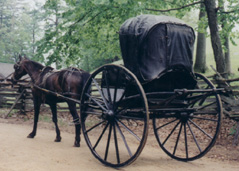 |
There is no single reason for technological change, because inherent in the relation to tools, work and products is a synergy of forces that propel people, institutions, customs and culture from one period of technical sophistication to another quite different period. From one period to the next human reliance on nature is altered. Social adaptation is supplemented by keystone technologies that alter behavior, ideas, and living conditions because tools rock the hand that rocks the cradle.
|
|
|
Tools are neither good (Daedalean) nor bad (Promethean) but they do confront us with a devil's bargain (Faustian) every time we think we know more than we actually do about techniques, technical implements and the intelligence required to master our inventions. Technology is an array of forces, triggers, and leverage points that we must learn to comprehend, if we are to understand what it is to be fully human. Tools change us as technologies are altered over time. |
|
|
Authors:
Pursell | Pacey–World | Postman | Head | Tenner |Pacey–meaning| Eberhart | Snow | Kaku | Boulding | Delillo | Kranzberg
| Postman–Tech | Postman–Television |
Meaning | past eras | Tools | Social | Change | Triggers | Culture
![]()
Pursell | Pacey–World | Postman | Head | Tenner |Pacey–meaning| Eberhart | Snow | Kaku | Boulding | Delillo | Kranzberg
Index to the above page
definitions
aspects
formula
domestication
time and value
prehistory
Thematic appendix of basic ideas in the course:
Course overview of technological changes in history:
"Things are in the saddle and ride mankind."
Ralph Waldo Emerson's remark on the impacts of industrial technology on human relations, motivation, and mores in the 1800s.
 Three
realms of technology or aspects of technical power.
Three
realms of technology or aspects of technical power.
 |
||
|---|---|---|
| Tools of Toil: what to read. | ||
| Tools are historical building blocks of technology. | ||
Pursell | Pacey–World | Postman | Head | Tenner |Pacey–meaning| Eberhart | Snow | Kaku | Boulding | Delillo | Kranzberg